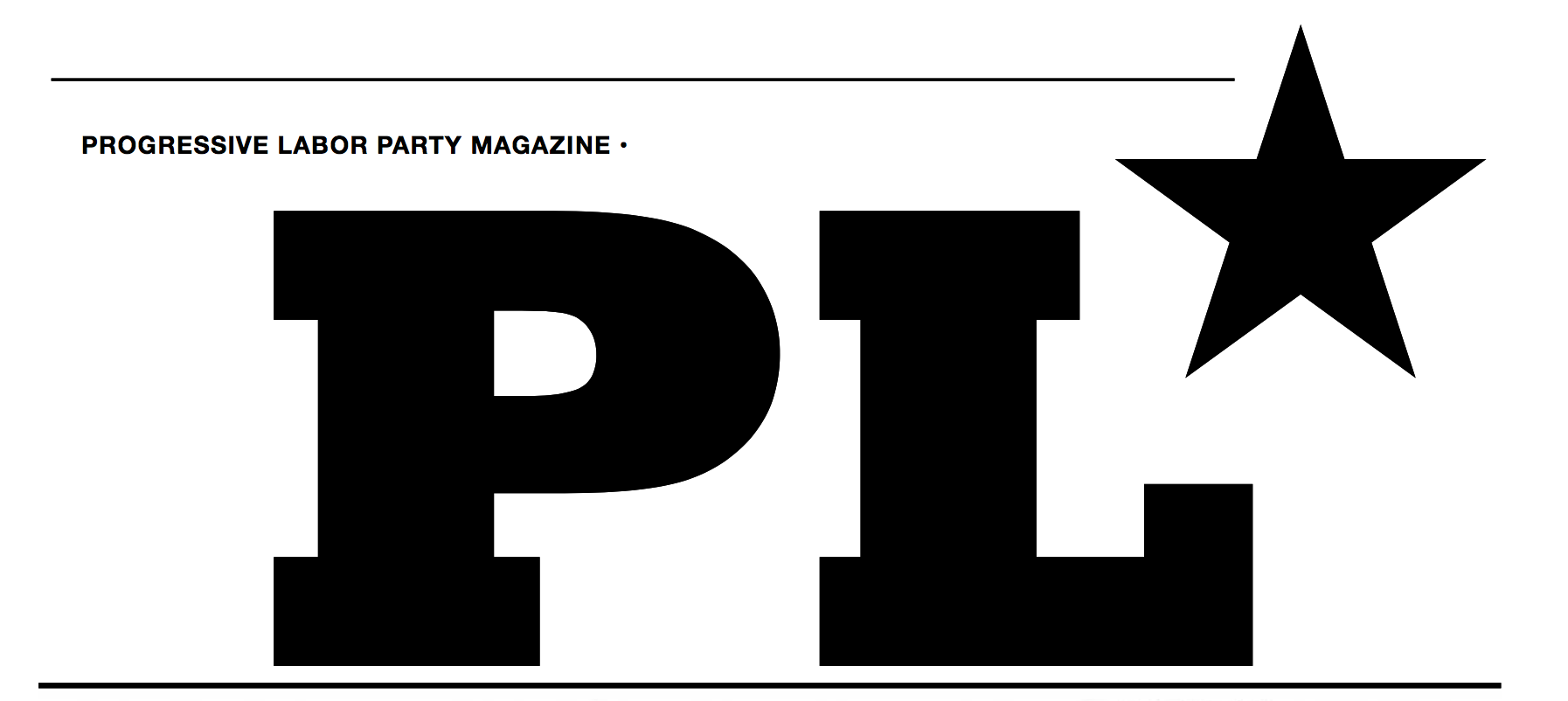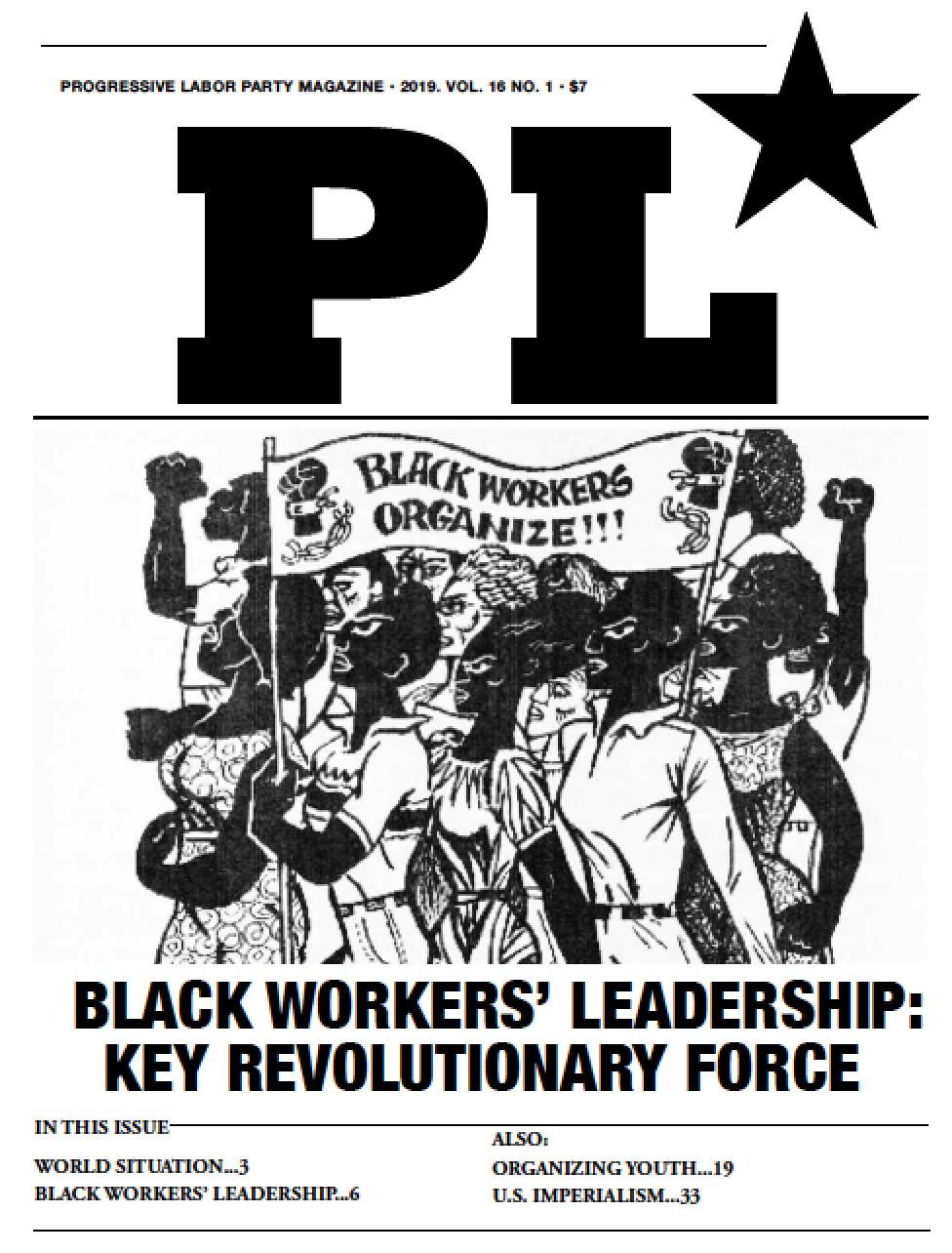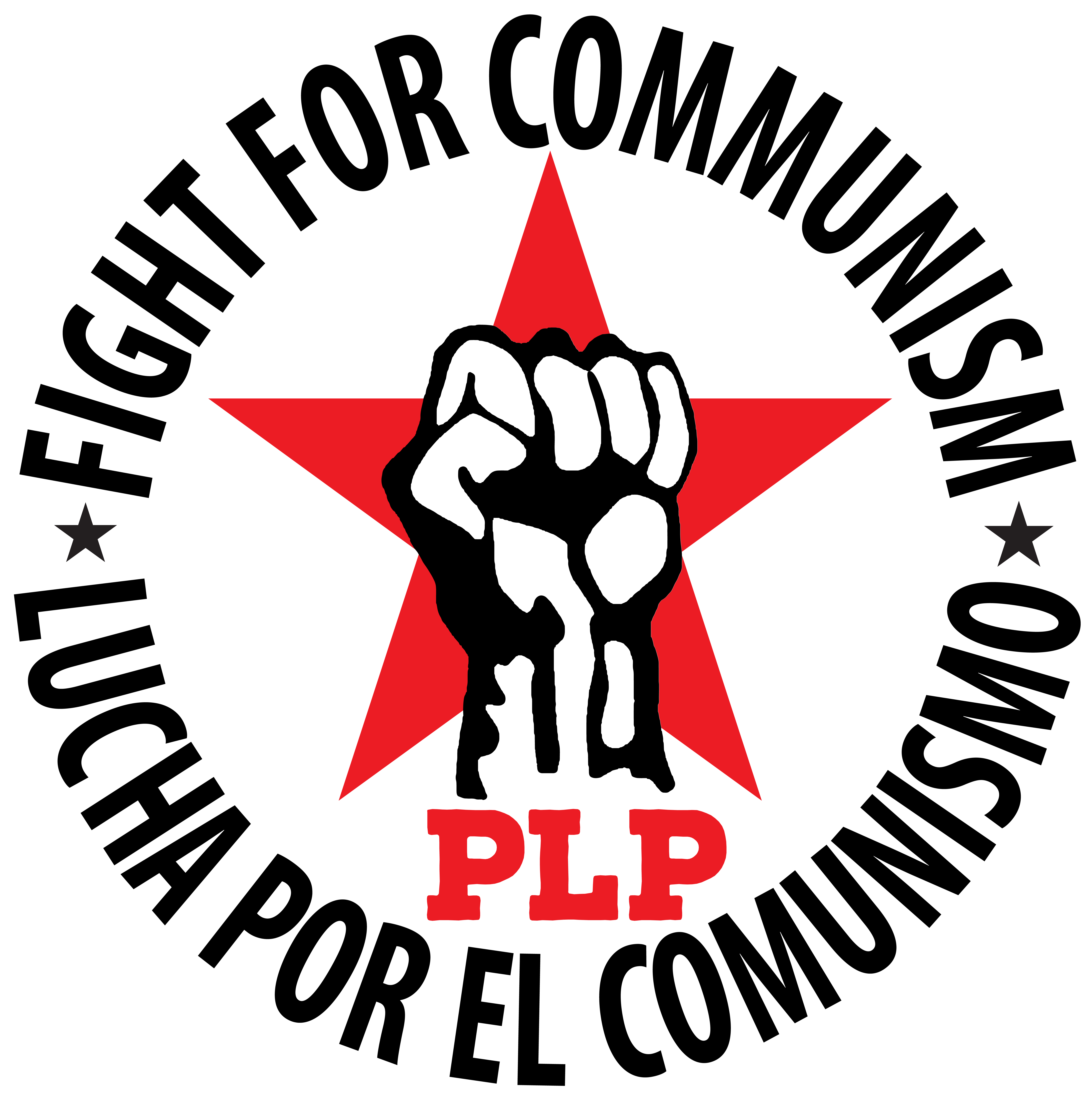HAITI: Garment Workers on the Move
 Thursday, January 16, 2014 at 2:11PM
Thursday, January 16, 2014 at 2:11PM Port-au-Prince, December 28 — The call to students and militants came over our emails very early Wednesday morning, December 11:
Get cracking! This morning at 7 am, the workers are hitting the streets to demand a minimum wage of 500 gourdes [$11.30 per day]. Every student activist is expected outside the industrial park. We did it in 2009 [last big national struggle for the minimum wage], we can do it in 2013. Pass on the message!
It was the second day of workers’ demonstrations in Port-au-Prince for a minimum day’s wage of 500 gourdes ($11.30), a third of what a family of three needs for a subsistence living. The High Commission for Wages (CSS) had just set it at 225 gourdes ($5), an increase of 25 gourds, which is effectively wiped out by the current 10 percent inflation rate. Hundreds of demonstrators, mainly young women, assembled in front of the National Society of Industrial Parks (SONAPI) — the capital city’s industrial zone — to march to the Hotel Royal Oasis in Pétionville. In that luxury hotel in a rich area, some big shots and members of CSS were conducting a meeting (Alterpresse, 12/11/2013). “500 gourdes! You guys don’t want it; but we want it, we want it!” they chanted outside the hotel. This wage would, according to the marchers, “allow us to deal better with the rising cost of living.”
A speaker condemned the fact that “the bosses have refused to raise wages while increasing the work-rate and working hours in the factories.” The workers, women and men, denounced both their work-day of more than 10 hours and their so-called representatives on the CSS who had failed to defend them. They sought the support of Parliament in their struggle against the betrayal of the CSS, which is on the bosses’ side. They demanded a wage more adequate to their needs. They showed real unity in the struggle. The marchers were prevented from demonstrating in front of the president’s private residence by the U.S.-trained police.
The struggle for wages under capitalism is a struggle to survive. Are workers here surviving under capitalism? Each day they face worsening problems: while the cost of living rises, they only earn a pittance. They lack access to food, health care, housing, education — everything! Two hundred twenty five gourdes a day is less than half the price of a main dish in a restaurant. How can workers send their children to school when their day’s wage cannot feed even a single person? Most workers in Haiti live in horrible areas with no electricity, no security. In fact, according to the NY Times (1/12/14), over 170,000 people are still living in tents four years after a devastating earthquake. Every day they travel miles on foot to get to the hell that is their workplace. They have no right to any form of welfare assistance.
Meanwhile, the bosses grow fat on their labor: the worldwide apparel and textile industry had 2011 revenues around $3 trillion (reportlinker.com), so you can imagine the profits from wages as low as these in Haiti or those in Bangladesh. It may be a “mature” industry where the profit rate is declining, but the misery of SONAPI workers still creates enormous profits for imperialist firms like GAP (2012 revenues of $15.7 billion). The average monthly spending on clothes by residents in glittering Manhattan is $362 (treehugger.com), three times the wage for making clothes in dusty Port-au-Prince.
This spontaneous struggle by garment workers shows the necessity of workers’ unity and organization, even as it also reveals the limit of forms of worker organization where the leaders are sometimes more on the bosses’ side rather than workers’. It raises several worrying questions.
Politicians, especially certain parliamentary deputies, benefit from and want to continue profiting from these mass mobilizations. In 2009, the fight for the minimum wage made one deputy, Steven Benôit, so popular it pushed him into a Senate seat and might even have carried him into the Presidency. And yet the workers and their supporters who were the main participants in the movement gained nothing from it. Such struggles without a communist party to give them direction are at the mercy of opportunists. They benefit bourgeois politicians looking for political and economic power.
The working class, in Haiti, Bangladesh, or Cambodia, becomes a force to be reckoned with when it gains communist political consciousness. The workers of Haiti — of the whole world — must unite under the leadership of the communist PLP to finish with the dictatorship of the bosses in all the stinking garment sweatshops of the tropical South and around the world.





 Progressive Labor Party (PLP) fights to destroy capitalism and the dictatorship of the capitalist class. We organize workers, soldiers and youth into a revolutionary movement for communism.
Progressive Labor Party (PLP) fights to destroy capitalism and the dictatorship of the capitalist class. We organize workers, soldiers and youth into a revolutionary movement for communism.




Reader Comments